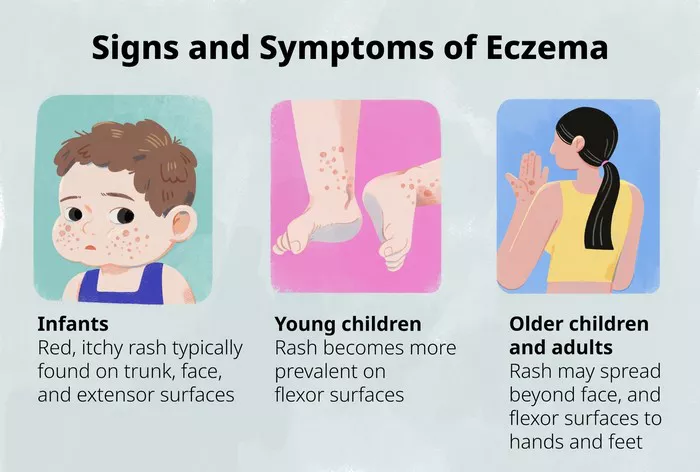Shingles, medically known as herpes zoster, is a viral infection caused by the varicella-zoster virus—the same virus that causes chickenpox. While shingles typically manifests as a painful rash, there is often confusion and concern surrounding its potential severity, including the question of whether it can lead to death. In this article, we will delve into the facts surrounding shingles, its potential complications, and whether it poses a significant risk of mortality.
Understanding Shingles:
Before addressing the possibility of death from shingles, it’s crucial to understand the nature of the infection. After a person recovers from chickenpox, the virus remains dormant in the nervous system. However, in some individuals, particularly as they age or if their immune system becomes compromised, the virus can reactivate, leading to shingles.
The primary symptom of shingles is a painful rash that typically appears as a band or strip on one side of the body. This rash is often accompanied by itching, burning, and tingling sensations. While shingles itself can be extremely uncomfortable, it is usually not life-threatening.
Complications of Shingles:
While most cases of shingles resolve on their own within a few weeks, complications can arise, especially in certain populations. These complications may include:
1. Postherpetic Neuralgia (PHN): One of the most common complications of shingles is postherpetic neuralgia, a condition characterized by persistent pain in the area where the rash occurred. This pain can be debilitating and may last for months or even years after the rash has healed.
2. Neurological Complications: In some cases, shingles can lead to neurological complications such as encephalitis (inflammation of the brain) or meningitis (inflammation of the membranes surrounding the brain and spinal cord). While these complications are rare, they can be serious and potentially life-threatening if not treated promptly.
3. Ophthalmic Shingles: When the rash affects the eyes, it is known as ophthalmic shingles. This can lead to complications such as vision loss or corneal damage if not treated promptly by a healthcare professional.
4. Visceral Complications: In severe cases, shingles can affect internal organs, leading to complications such as pneumonia or hepatitis. While these complications are rare, they can be serious, especially in individuals with weakened immune systems.
Mortality Risk:
Now, let’s address the central question: Can shingles lead to death? While shingles itself is typically not fatal, the complications it can cause may pose a risk to certain individuals, particularly those who are immunocompromised or elderly.
For example, individuals with weakened immune systems due to conditions such as HIV/AIDS or cancer are at higher risk of experiencing severe complications from shingles. Similarly, older adults, especially those over the age of 60, may be more susceptible to complications such as PHN or neurological disorders.
It’s essential to note, however, that the overall mortality rate associated with shingles is low. Most individuals who develop shingles will recover without experiencing serious complications. Additionally, advancements in medical treatment, including antiviral medications and vaccines, have helped reduce the severity of shingles and its associated complications.
Prevention and Treatment:
While the risk of death from shingles is low, prevention and early treatment are key to minimizing complications and discomfort. Vaccination, specifically the shingles vaccine, is one of the most effective ways to prevent shingles and its complications.
The Centers for Disease Control and Prevention (CDC) recommends the shingles vaccine for adults over the age of 50, even if they have previously had shingles. The vaccine, which is given in two doses, can significantly reduce the risk of developing shingles and postherpetic neuralgia.
In addition to vaccination, early treatment with antiviral medications such as acyclovir, valacyclovir, or famciclovir can help reduce the severity and duration of shingles symptoms. Pain management techniques, including over-the-counter or prescription pain medications, can also help alleviate discomfort associated with the infection.
Conclusion
In conclusion, while shingles can be a painful and uncomfortable condition, it is typically not life-threatening. However, certain individuals, such as those with weakened immune systems or older adults, may be at higher risk of experiencing severe complications from the infection.
Prevention through vaccination and early treatment are crucial for minimizing the risk of complications and reducing the severity of symptoms. By understanding the facts about shingles and taking proactive measures to protect against it, individuals can lower their risk of experiencing serious health issues related to the infection.
In summary, while the question of whether shingles can lead to death may raise concerns, the reality is that with proper prevention and treatment, the risk of mortality from shingles is minimal.

























